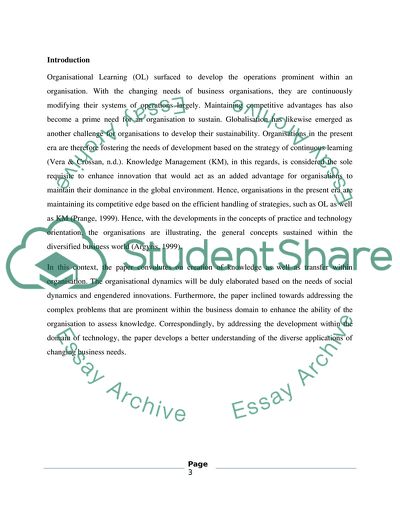Cite this document
(“Knowledge management, social networks and innovation Coursework - 2”, n.d.)
Retrieved from https://studentshare.org/miscellaneous/1682048-knowledge-management-social-networks-and-innovation
Retrieved from https://studentshare.org/miscellaneous/1682048-knowledge-management-social-networks-and-innovation
(Knowledge Management, Social Networks and Innovation Coursework - 2)
https://studentshare.org/miscellaneous/1682048-knowledge-management-social-networks-and-innovation.
https://studentshare.org/miscellaneous/1682048-knowledge-management-social-networks-and-innovation.
“Knowledge Management, Social Networks and Innovation Coursework - 2”, n.d. https://studentshare.org/miscellaneous/1682048-knowledge-management-social-networks-and-innovation.


